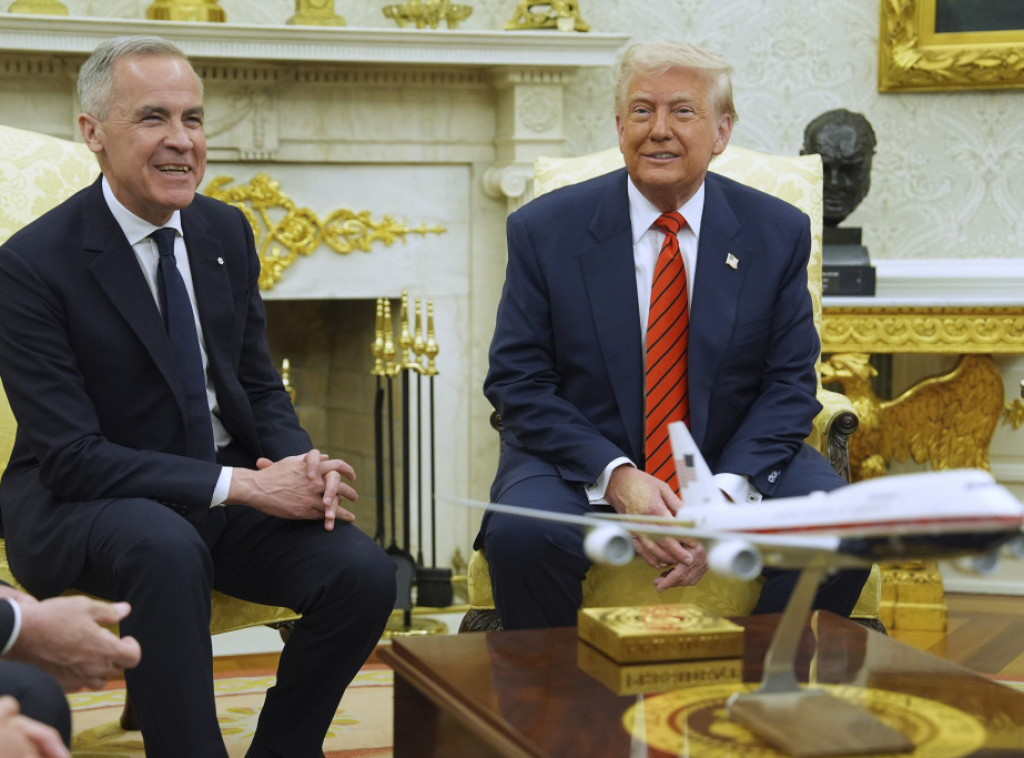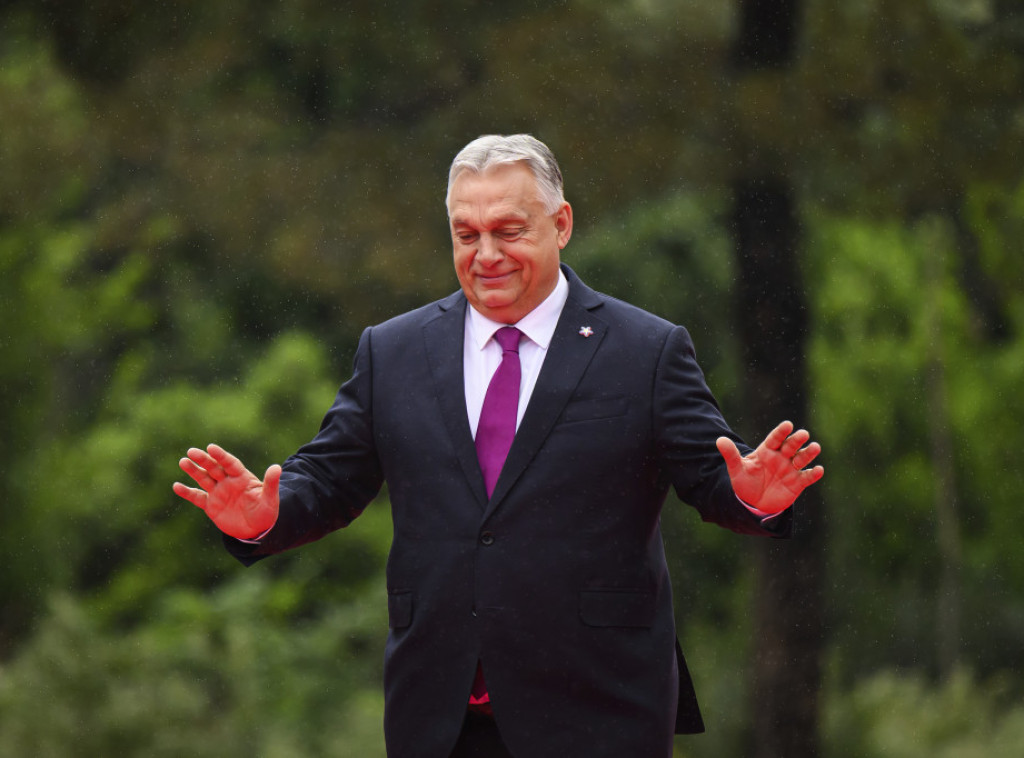Baltic States Say Goodbye to the Anti-Personnel Mine Treaty!
Estonia and Lithuania have officially notified the United Nations that they are withdrawing from the international treaty banning the use, production, and acquisition of anti-personnel mines. Yes, you read that right! These countries, along with Latvia, Finland, and Poland, have decided to throw down the gauntlet and say: “Enough is enough!”
Why now?
All because of a “deteriorating security situation” and fears of a “potential Russian invasion.” Russia is once again the main culprit. Lithuanian Foreign Minister Kestutis Budris didn’t hold back — calling Putin “Europe’s biggest long-term existential threat.” And it’s not just about the threat; it’s about preparing for a prolonged conflict.
What does this mean?
The decision will take effect six months after the official UN notification. This means these countries will be able to use anti-personnel mines, weapons banned for decades due to their brutality and long-term impact on civilians.
Who else is following this trend?
Besides Estonia and Lithuania, Latvia, Finland, and Poland have also decided to pull out of the treaty. Poland’s lower house has already approved the move, and the Senate will soon consider it. UN Secretary-General Antonio Guterres has called for a reconsideration, but it seems no one is listening.
What do critics say?
This is a huge step backward for international efforts to reduce the use of deadly mines that have destroyed innocent lives for years. Is fear of Russia a good enough excuse to bring back the horrors of war?
Conclusion
The Baltic states have decided to arm themselves to the teeth, believing Putin’s Russia is a threat that cannot be ignored. But is this the start of a new wave of militarization in Europe or a desperate move in uncertain times?
If you have thoughts on this madness, drop a comment below. Smart move or recipe for disaster?
Note: This article is based solely on facts from available sources and contains no fabrications.








































































